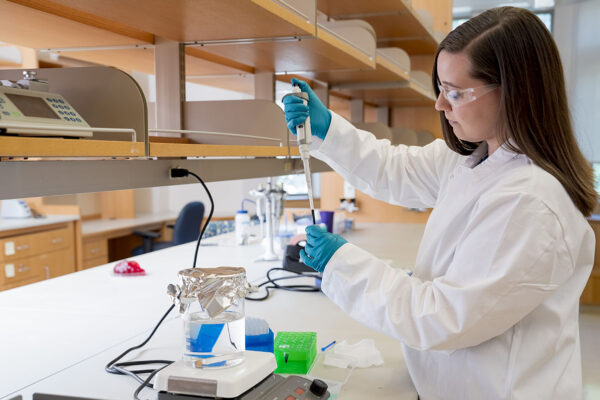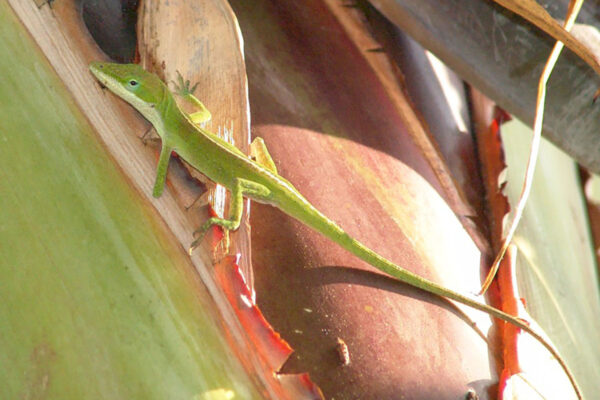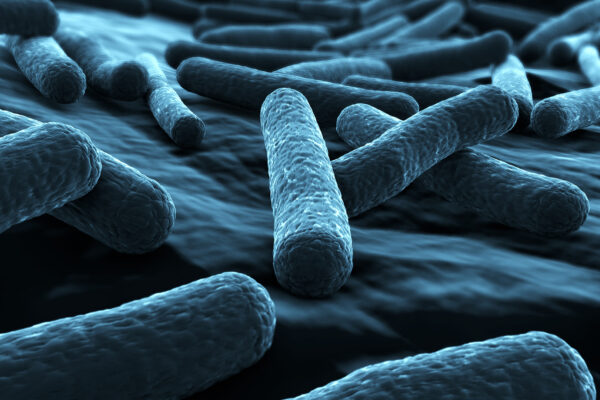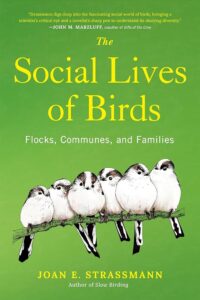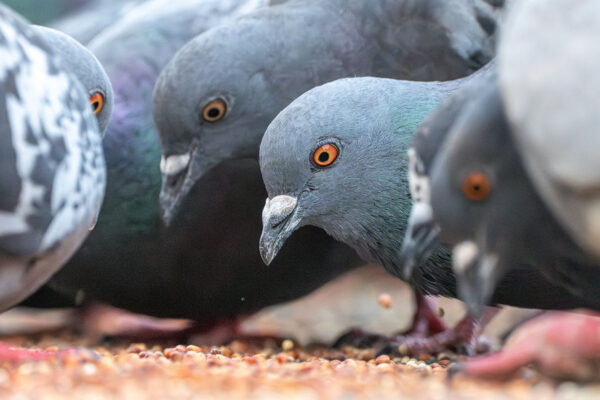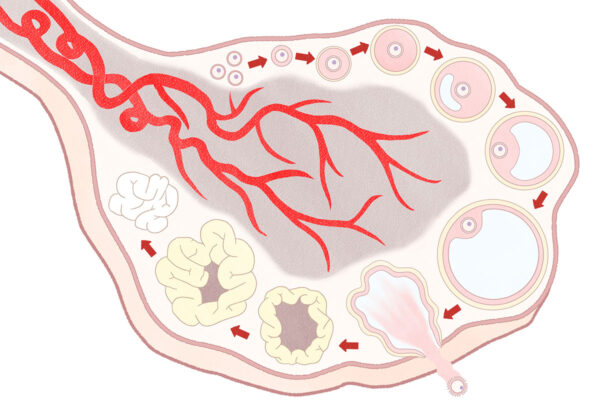Engineers create hydrogels to monitor activity in the body
Researchers at Washington University in St. Louis have created injectable bioelectric hydrogels for use in monitoring biological activity such as heart rate.
‘Pirates’ of the Caribbean: The luck and pluck of three-legged lizards
Researchers from Washington University in St. Louis and the Georgia Institute of Technology study lizards who have lost limbs to understand how omnipresent the forces of natural selection can be, and why those lizards appear to be resilient.
Several faculty receive NIH MIRA awards
Several biology and medical researchers at Washington University in St. Louis have earned prestigious awards from the National Institutes of Health (NIH).
The Social Lives of Birds
Flocks, Communes, and Families
An exploration of all the ways in which birds are social creatures—from breeding to nesting to babysitting
Novel technologies underway to help those with spinal cord injuries move
A multidisciplinary team of researchers at Washington University in St. Louis plans to investigate the neural mechanisms behind various controls of transcutaneous spinal cord stimulation in generating different leg movements with a five-year, nearly $3 million grant the National Institutes of Health (NIH).
Tracking deadly and unpredictable postpartum hemorrhage
Researchers at Washington University in St. Louis are developing a wearable device that aims to track blood loss in pregnant women during delivery, with support from a $2.8 million grant from the National Institutes of Health (NIH). The device aids in early warning signs for postpartum hemorrhage, a birth complication that is the leading cause of maternal death worldwide.
What do our words say about our minds?
A researcher at Washington University in St. Louis is working to harness artificial intelligence to find psychological traits hidden in language.
How harmful bacteria hijack crops
Researchers at Washington University in St. Louis have identified the protein involved in costly plant infestations, pointing the way to possible protections.
Pigeons of St. Louis: A new look at a cosmopolitan bird
Wildlife researchers at Washington University in St. Louis tracked pigeons in two cities to see what affects their density.
Bioelectronic material may help to reveal new information behind infertility
Alexandra Rutz, a biomedical engineer at WashU, has received a CAREER Award from the National Science Foundation to create 3D bioelectronic scaffolds for ovarian follicles, to be used for infertility and aging research.
Older Stories
